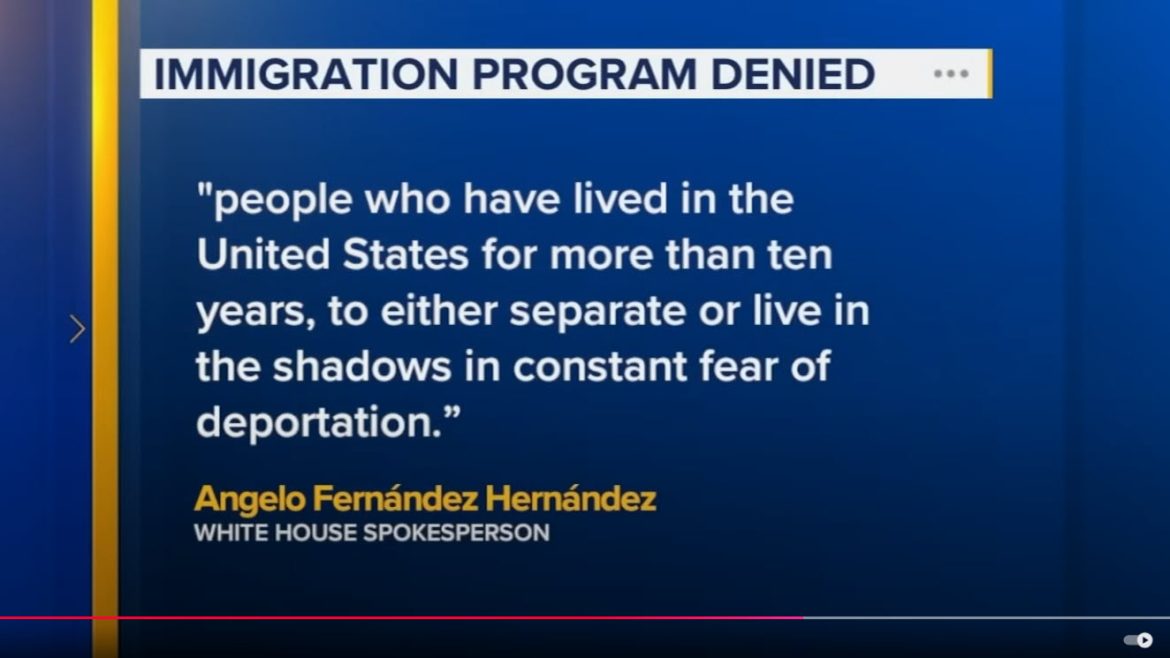A federal judge in Texas has struck down a Biden-era immigration program known as “Keeping Families Together,” which was introduced to prevent the deportation of undocumented spouses of American citizens. The program, launched in August, allowed undocumented spouses to work legally in the United States while pursuing citizenship. Thursday’s ruling, issued by a Trump-appointed federal judge, has halted the program on the grounds that the executive branch overstepped its authority.
The judge’s decision argues that the Biden administration lacked Congressional authorization to create such a policy, emphasizing that immigration measures of this nature fall under the legislative branch’s purview. The ruling has effectively ended protections for an estimated hundreds of thousands of families who have relied on the program to remain together and provide economic stability.
The “Keeping Families Together” policy was designed to assist mixed-status families, enabling spouses of U.S. citizens to secure temporary work permits while their legal status applications were processed. By providing work authorization, the program aimed to support families financially and emotionally, ensuring that spouses could remain employed rather than risk deportation during the lengthy citizenship process.
In response to the ruling, immigrant rights advocates and legal experts have voiced concerns that the decision will lead to widespread family separations. Advocates argue that the program played a crucial role in upholding family unity, and they are now urging Congress to address the issue by passing legislation that protects families facing similar immigration challenges. Many are emphasizing the immediate need for comprehensive immigration reform to prevent mixed-status families from being torn apart.
Supporters of the program also highlight the potential economic impact of the decision. With undocumented spouses now facing an uncertain future, families could lose essential income sources, particularly those relying on the program to sustain employment during the citizenship process. Families impacted by the ruling are now confronted with renewed concerns about deportation, employment, and legal stability.
Meanwhile, critics of the Biden administration’s approach argue that immigration policies must be legislated, not enacted through executive action. They contend that the executive branch’s implementation of “Keeping Families Together” bypassed the proper legislative channels, which could create a precedent for bypassing Congress in other areas of immigration policy.
The Biden administration has not yet announced whether it will appeal the decision, though officials are reportedly reviewing their options. White House representatives have reiterated the administration’s commitment to family unity, stating that the President supports policies that allow families to stay together while they navigate the complexities of the immigration system.
The ruling has sparked renewed calls for immigration reform in Congress, where lawmakers face pressure from both advocates and opponents of the program to find a long-term solution. As families affected by the decision prepare for the potential consequences, the broader debate over the executive branch’s role in immigration policy remains at the forefront of national discussion.



